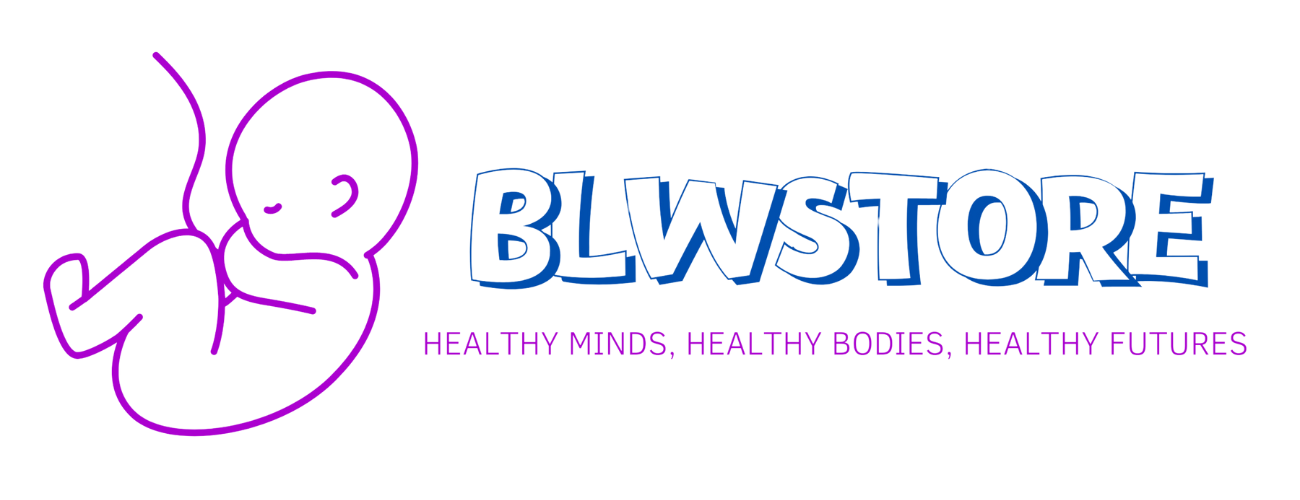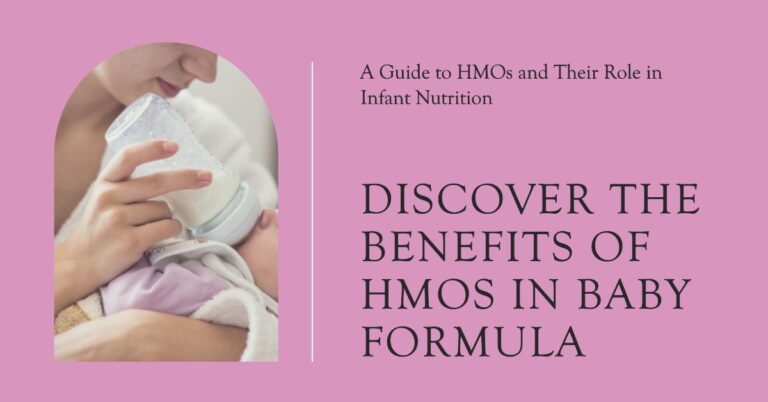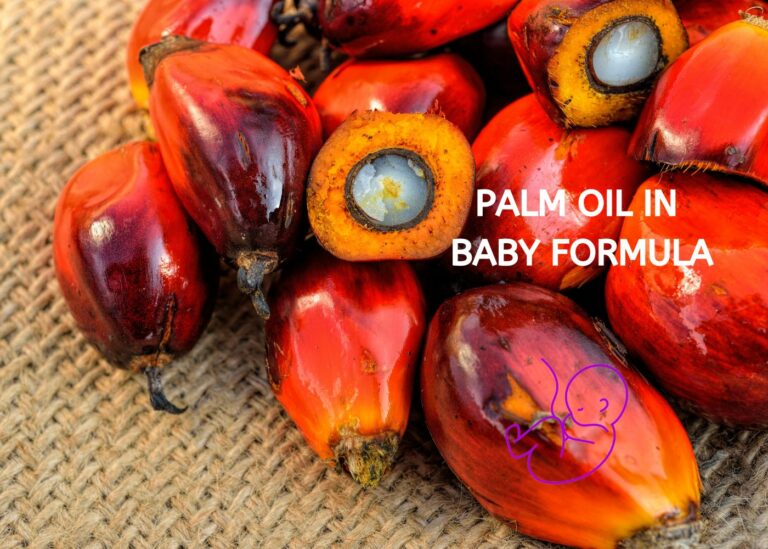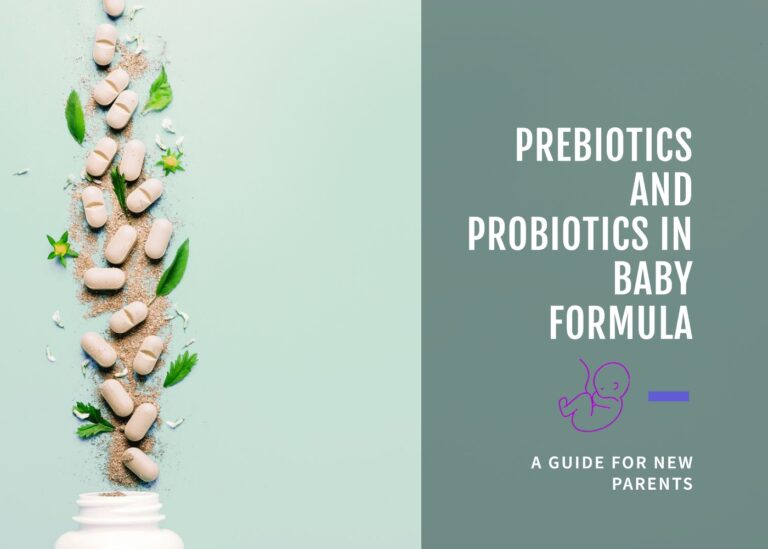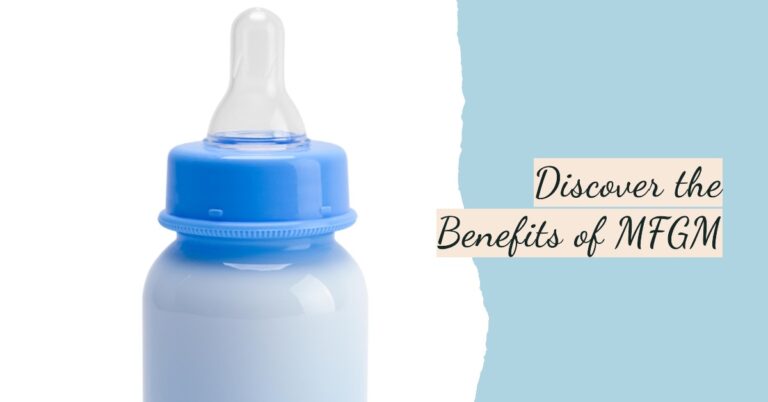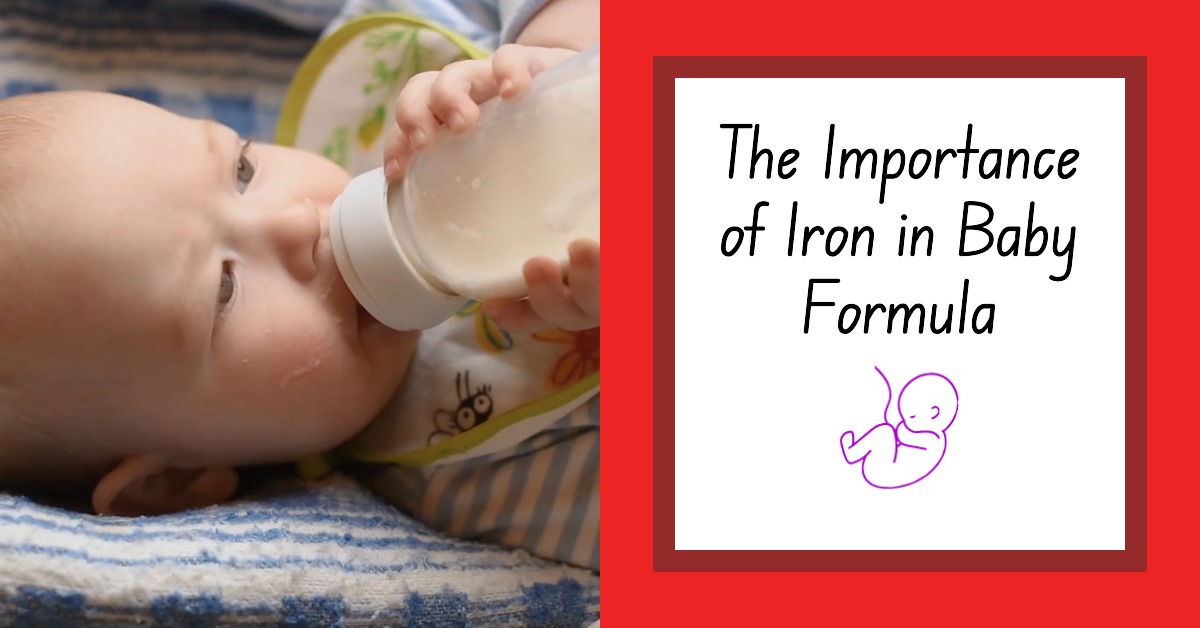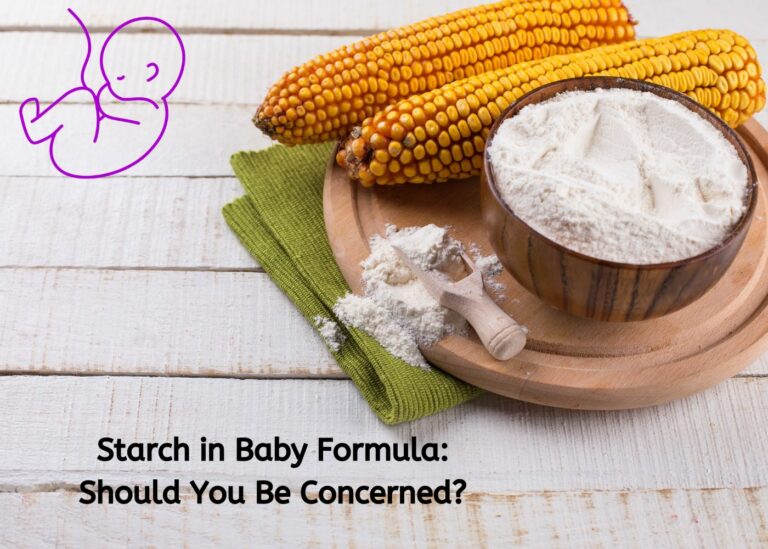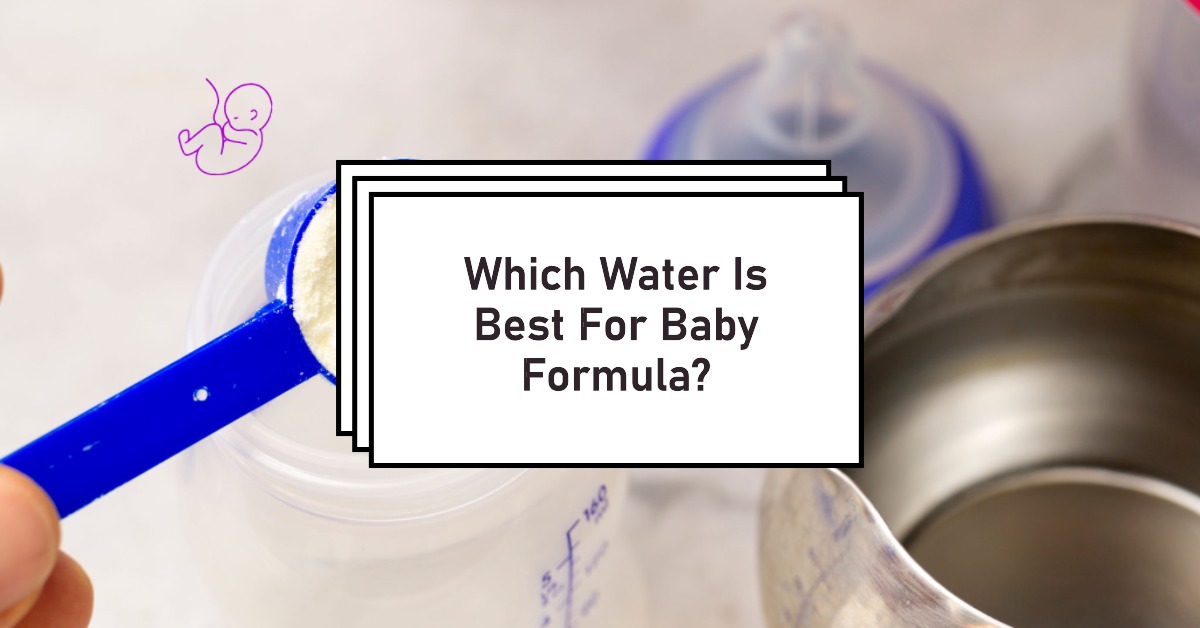
Key Takeaways
Water Type Source Fluoride Levels Potential Contaminants Need to Boil Purification Process Safety for Baby Formula Tap Water Municipal supply Varies, could be high Depends on water source. Potential traces of bacteria or heavy metals if from non-regulated sources Recommended to enhance purity Regular testing and regulation by government bodies Generally safe, but depends on specific fluoride content Purified Water Various, then processed Low Few to none Not necessary Multiple stages of filtration to remove contaminants Considered safe Regular Bottled Water Depends on the brand and source Low to None Depends on the brand and source Not necessary Varies, not all are rigorously purified Often recommended, but choose low fluoride Nursery/Baby Water Specifically designed for infants Low to None None if appropriately labeled Not necessary Undergo additional purification processes Usually safe Well Water Well or other non-regulated sources Varies Potential harmful bacteria, nitrates, and heavy metals Yes No regulation or regular testing Generally unsafe Distilled Water Various, then processed None None Not necessary Rigorous process that removes most contaminants Considered safe
Are you struggling to choose the proper water for your baby’s formula?
The decision can seem overwhelming, given the numerous options and conflicting advice.
This article aims to help clear up this confusion by providing a comprehensive guide on what type of water is best suited for baby formula, from tap to distilled.
Our Short Answer: What the Science Says
Based on what science tells us, this would be the general order of water sources from safest to least safe:
Distilled Water: This is the top-notch choice for baby formula. It’s clean thanks to a rigorous purification process and keeps the mineral content consistent. Plus, it helps keep those bottles and feeders free of mineral deposits!
Nursery/Baby Water: This is bottled water made just for infants. It gets an extra purifying treatment and usually has little to no fluoride. An excellent pick for your little one!
Purified Water: Purified water is another safe option. It goes through many filtration stages to ditch harmful stuff, and it generally has low fluoride levels.
Regular Bottled Water: Now, this can be hit or miss. Some are safe for baby formula, but the fluoride levels can differ greatly. So, pick one labeled as safe for infants or with low fluoride.
Tap Water: Tap water can be okay, especially from a well-regulated and tested source. But keep an eye on the fluoride levels and boil it before using it to play it safe. If your water is from a well or similar, better skip it.
Well Water: This one’s a no-go for baby formula. It’s not regulated and could contain harmful bacteria and other nasty stuff. It’s best to avoid it altogether.
Tap Water: Is it Safe for Baby Formula?
Tap water can be used safely at home to mix infant formula, given that it is from a safe water source.
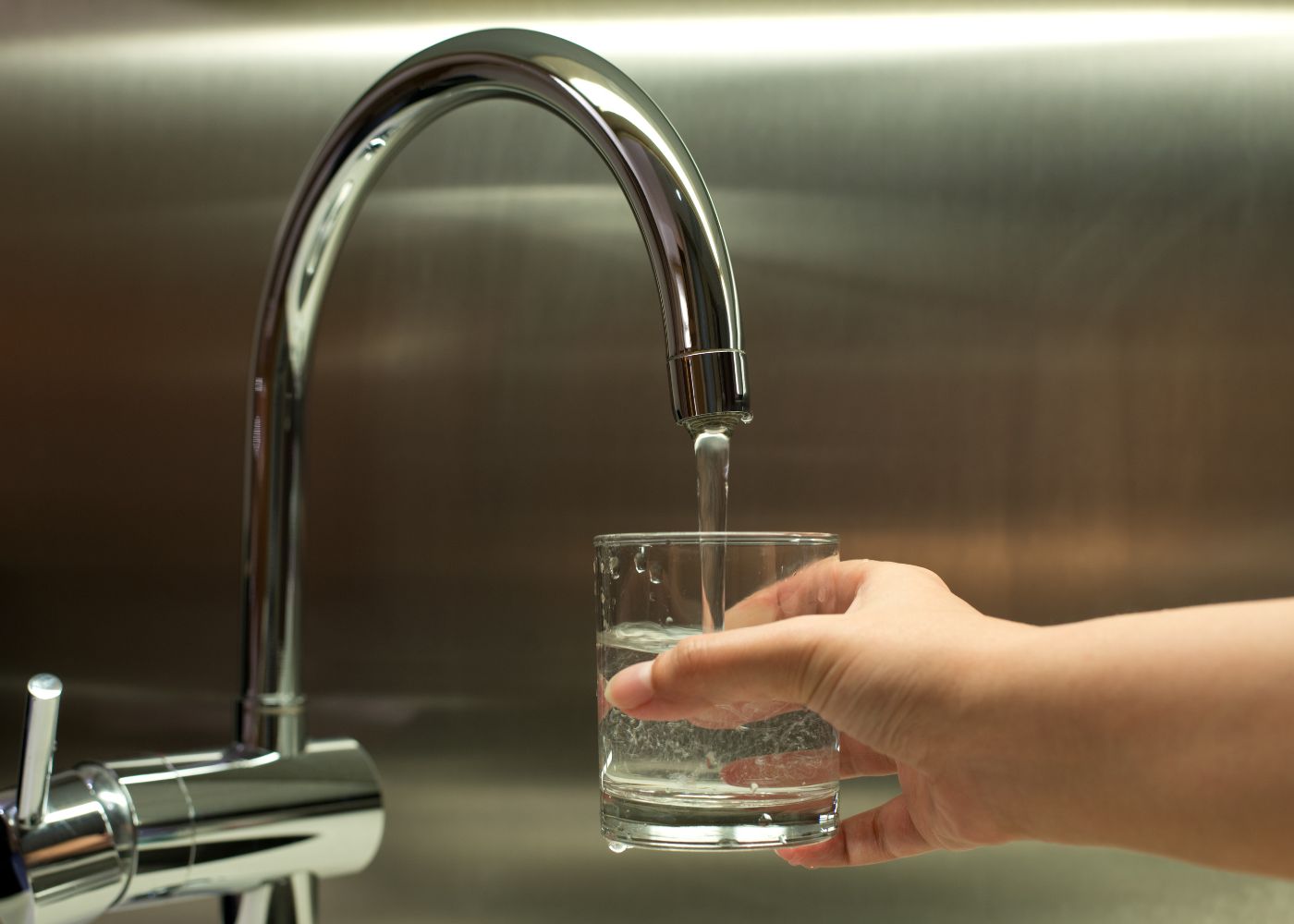
In the United States, tap water is generally considered safe for mixing baby formula due to strict regulation and regular testing of municipal water supplies for contaminants.
However, there are some crucial factors to consider:
Water Source: Knowing your home’s specific water source is vital. If you derive your supply directly from a well or other non-regulated sources, the safety level may not be as certain due to potential traces of natural contaminants like bacteria or heavy metals.
Fluoridation Levels: While fluoride strengthens teeth and prevents cavities, excessive intake can lead to risks such as dental fluorosis – harmless white streaks on your child’s teeth.
“Pediatricians often recommend using fluoride-free bottled water when making infant formula, particularly in areas with high fluoride content in their tap water.”
Also, boiling tap water before use eliminates harmful bacteria and enhances its purity.
Fluoride Levels in Tap Water: A Concern?
Tap water is commonly used for mixing baby formula, but concerns about fluoride levels may arise.
| Water Source | Fluoride Levels | Safety for Baby Formula |
|---|---|---|
| Tap Water | Varies | Generally safe, but depends on specific fluoride content |
| Purified Water | Low | Considered safe |
| Bottled Water | Low/None | Often recommended, particularly for high fluoride areas |
Having said this, a study from 2020 found that for each 0.5 mg/L increase in water fluoride concentration, there is a decrease of 4.4 Full Scale IQ (FSIQ) points among formula-fed preschool children in the first six months of life.
Additionally, we must consider that breastfed babies have a very low fluoride intake, and breastmilk is the best food for babies.
Knowing this, it is worth taking into account that bottled or purified water might be a better alternative to tap water.
Well Water: Why it Shouldn’t be Used for Baby Formula
It’s important to be informed about the potential risks that well water poses for your baby’s health.
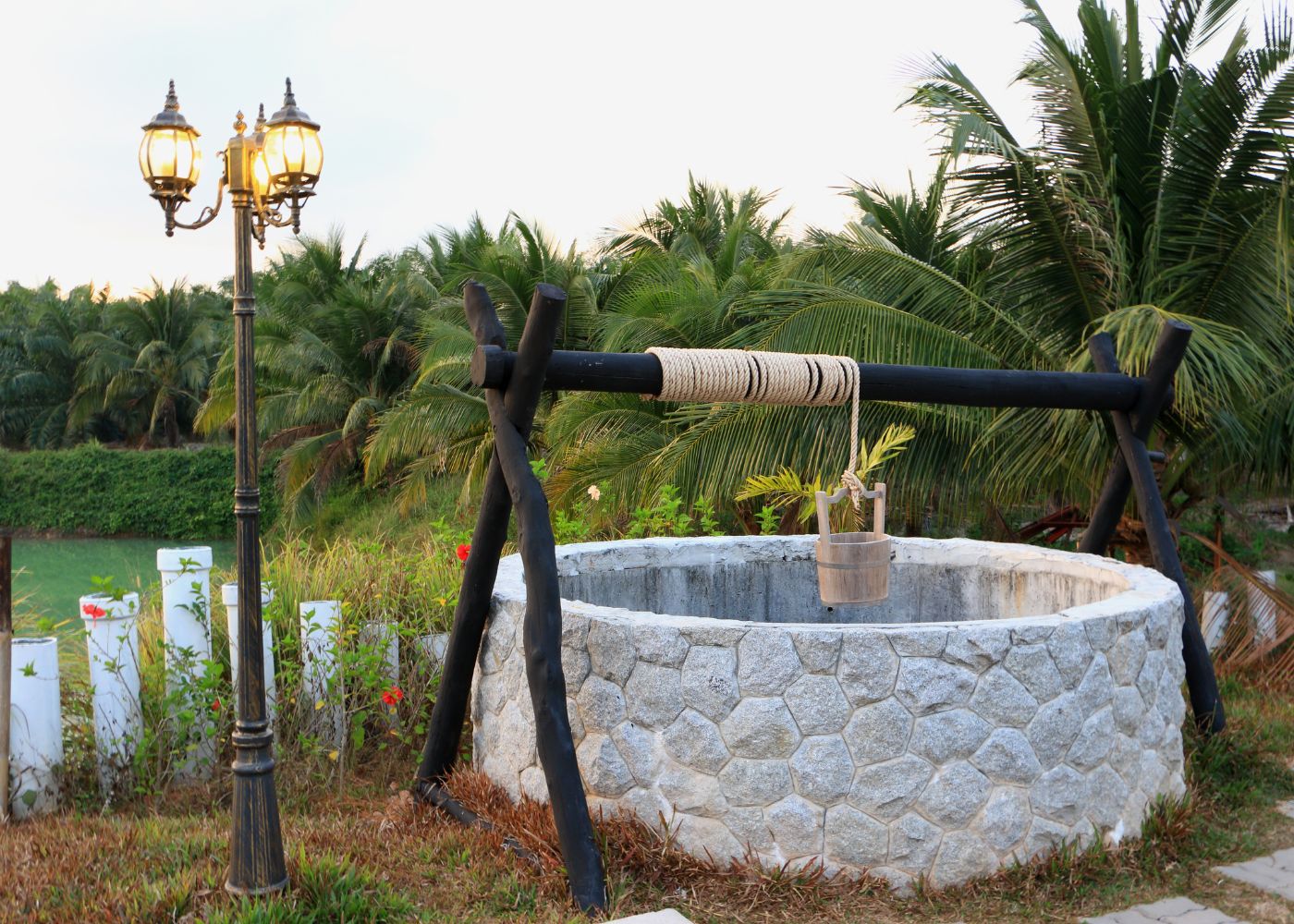
Potential Risks of Using Well Water for Baby Formula
Well water, while potentially convenient, carries certain health risks when used for baby formula.
Its safety is not regulated by any government agency, which means it cannot be guaranteed as safe.
Key concerns include:
Harmful Bacteria: Well water may contain harmful bacteria such as E. coli or coliform bacteria. These can cause severe gastrointestinal illnesses in infants.
Contaminants: Nitrates and heavy metals may also be present in well water, posing a risk to your baby’s developing immune system.
“It’s crucial to prioritize your baby’s health and opt for safer alternatives like tap water from a safe source or commercially available bottled water when preparing their formula.”
Harmful Bacteria in Well Water: A Hidden Risk
The major concern is the presence of harmful bacteria in well water.
Unlike tap water, well water does not go through regular treatment processes and may contain contaminants such as E.coli and coliform bacteria.
These pathogens can pose serious health risks to infants if ingested.
| Water Source | Potential Risks | Safety for Baby Formula |
|---|---|---|
| Well Water | Harmful bacteria, Contaminants like nitrates and heavy metals | Generally unsafe |
| Bottled Water | Depends on the brand and source | Often recommended |
| Purified Water | Few to none | Considered safe |
Bottled Water: A Suitable Option for Baby Formula
Bottled water serves as a convenient and safe option for preparing baby formula.
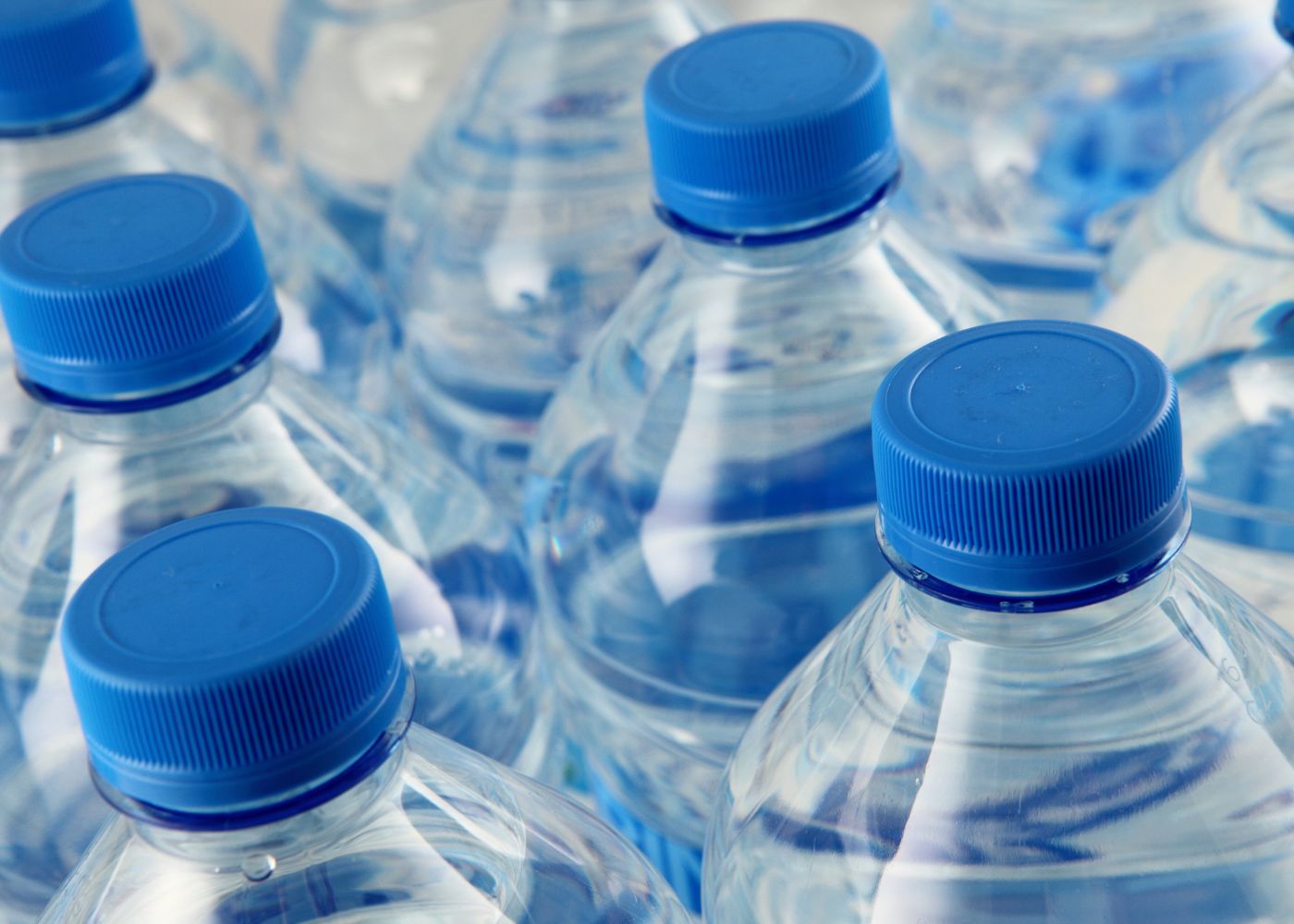
Using Bottled Water as an Alternative to Tap Water
Bottled water is a viable alternative to tap water when preparing baby formula.
However, keep in mind that not all bottled waters are equal.
They may contain varying amounts of fluoride.
When selecting bottled water for mixing baby formula:
Look for options that specifically state they are appropriate for infant consumption.
You can also seek brands labeled as “nursery” or “baby” water. These undergo additional purification processes to ensure they meet necessary safety standards.
“One key advantage of using bottled water is its consistency in quality and taste, and the elimination of concerns about potential contaminants present in tap water.”
Importance of Choosing Appropriate Bottled Water
Safety Label: Ensure the bottled water is specifically labeled as safe for infant consumption. This indicates that the water has undergone rigorous testing and meets the necessary standards for purity and quality.
Fluoride Levels: Some brands may contain varying amounts of fluoride, which could exceed the recommended limit for infants. Opting for low-fluoride or fluoride-free options is recommended.
| Bottled Water Type | Fluoride Levels | Safety for Baby Formula |
|---|---|---|
| Regular Bottled Water | Varies (generally less than tap water) | Depends on the specific fluoride content |
| Nursery/Baby Water | Low/None | Specifically designed for infants, usually safe |
Distilled Water: An Option to Consider for Baby Formula
Distilled water emerges as a reliable option, given its rigorous purification process that effectively removes impurities and contaminants.
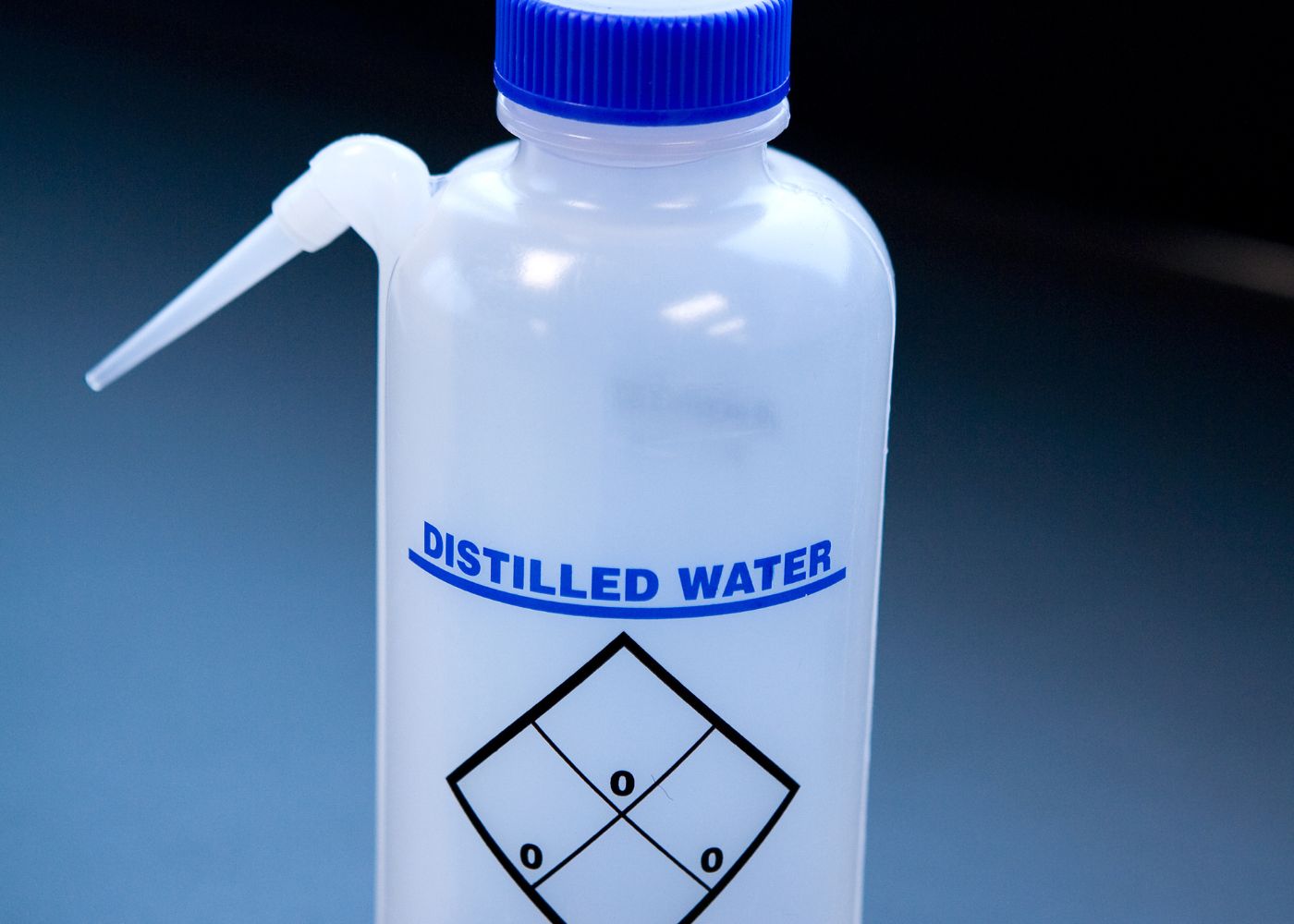
Benefits of Using Distilled Water for Baby Formula
Distilled water comes with several benefits when used for preparing baby formula:
Purity: Distilled water undergoes a rigorous purification process, removing impurities and contaminants. This ensures a high level of cleanliness, making it a safe choice for mixing with infant formula.
Consistent Mineral Content: With distilled water, you don’t have to worry about fluctuations in the levels of minerals or chemicals that could affect your baby’s health.
Prevents Buildup: Using distilled water can also help prevent the buildup of mineral deposits in bottles and feeding equipment, maintaining the cleanliness of your baby’s feeding tools.
“By choosing distilled water for mixing baby formula, you can provide your child with pure and safe hydration without any concerns about possible contaminants or inconsistent mineral levels.”
The Purification Process and Its Impact on Water Quality
The purification process plays a significant role in the quality of water intended for baby formula.
Through multiple stages of filtration, harmful substances like bacteria, viruses, chemicals, and heavy metals are eliminated.
| Water Type | Purification Process | Safety for Baby Formula |
|---|---|---|
| Distilled Water | Rigorous, removes most contaminants | Considered safe |
| Bottled Water | Varies, not all are rigorously purified | Safe options available, check labels carefully |
| Purified Water | Several stages of filtration | Considered safe |
“Not all bottled waters undergo the same level of purification. Some may simply be sourced from springs or wells without additional treatment processes. Therefore, it’s essential to read labels carefully and choose bottled waters specifically labeled as purified or distilled when using them for baby formula preparation.”
Conclusion: Making an Informed Choice for Baby Formula Water
Thank you for reaching the end of the post.
We hope this guide on the best types of water for baby formula has helped you clear some questions.
Remember, if you live in a place where tap water is generally safe, then you can use it without any problems; boil it, and it’ll work just fine.
If you have any other questions or feedback, please comment below, and we’ll get back to you in less than 24 hours.
See you around!
We’re Maria and Alberto, a married couple and educators who are nutrition enthusiasts. Even before we had kids, we were already crazy about nutrition.
We’d read scientific articles, watch videos from nutritionists, and spend hours listening to nutrition podcasts.
Today, we continue doing this, but in a different way, as we’ve learned to sift through the noise and trends. Nutrition, like any other field of knowledge, the more you read and learn, the more you develop a comprehensive understanding of reality, and that’s what has happened to us.
Before having our first child, we focused on learning everything we could about child nutrition, using the same techniques we had already employed, backed by our extensive knowledge in nutrition.
Our mission is to help other parents with their children’s nutrition, to help them become the best versions of themselves.
If we are what we eat and drink, which is absolutely true, let’s do it right!
